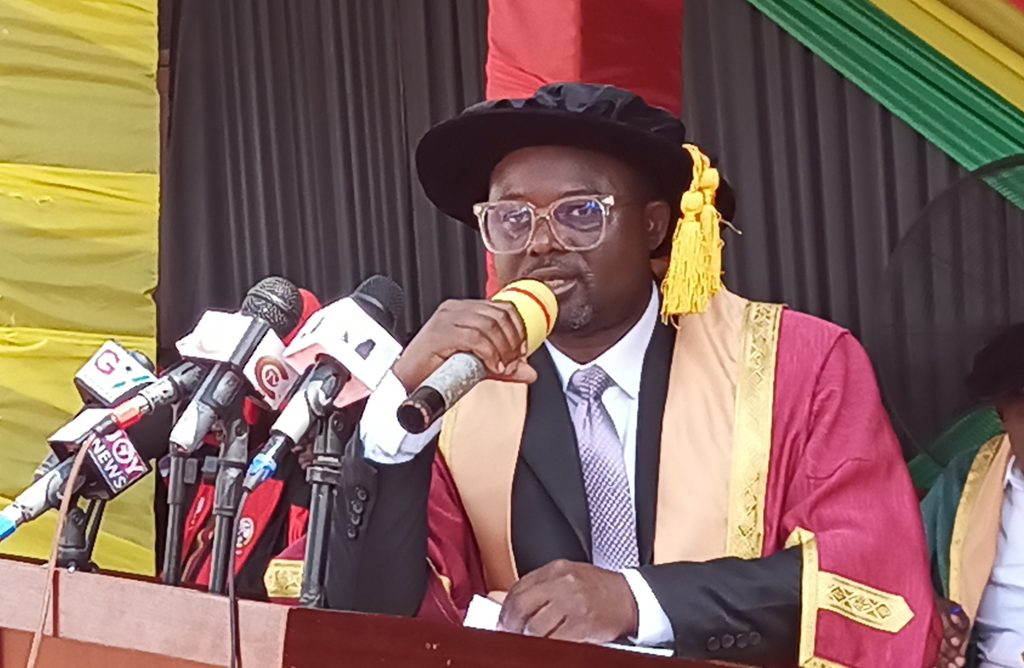By Benjamin, Akoto
Yamfo, (A/R), Nov. 17, GNA – The College of Health Yamfo (CoHY) in the Tano North Municipality of the Ahafo Region has held its second congregation, graduating 869 students who pursued various undergraduate programmes of the college.
The graduates comprise the 2022 batch of 139 students, 2023 batch of 237 students, and the 2024 batch of 493 students, with a total of 95 graduates obtaining first class division.
Addressing students, lecturers, and the graduates at a ceremony at Yamfo, Dr Mohammed M. Ibrahim, the Director of the College, said the college had introduced three new programmes for the 2023/2024 academic year.
They include Bachelor of Science (BSc) in Medical Laboratory Sciences, BSc in Disease Control and Epidemiology, and BSc in Health Promotion, saying with them, the college was now offering seven accredited programmes.
Dr Ibrahim described the college’s performance in the Allied Health Professions Council (AHPC) examination as outstanding, scoring between 92.5 percent and 99.3 percent for the 2019 and 2020 batches.
He stressed the college’s commitment to invest hugely in infrastructure development as well as teaching and learning, saying the college recently procured a 62-seater bus to improve transportation.
The college has also subscribed to CARLAG for E-resources to enhance research and teaching, procured standard chairs for lectures, several staff laptops, and projectors to facilitate effective teaching and learning.
Dr Ibrahim said discussions were still on-going for the construction of a three-storey hostel that would accommodate between 320 to 400 students, three two-story lecture halls, and a fence wall to enhance security and prevent encroachment on the college lands.

Mr. George Yaw Boakye, the Ahafo Regional Minister, lauded the rapid growth and development of the college, improved data collection, as well as advancement in Information Communication Technology as well as science and technology at the college that offered a promising future for the students and lectures.
He said transformative benefits of Artificial Intelligence (AI) remained enormous and called on the college to leverage on AI tools for enhanced medical training, improved accuracy, and to meet the standards of a digitally driven era.
Mr Boakye said AI could support personalised learning by providing adaptive platforms that catered for individual needs of students, and saying AI tools allowed students to progress through complex material at their own pace, enhancing their learning experience.
He called on the college authorities to cultivate a culture of innovation, establish adequate infrastructure, and prioritise data privacy and security to fully leverage AI’s potential in health education and delivery.
By addressing those key areas, health institutions could create an environment that remained conducive to the adoption of AI, and thereby leading to improved educational outcomes and patient-centered care.
GNA